ORIGINAL RESEARCH
Published on 07 Jun 2021
Dilemmas, Challenges and Strategies of Physical Education Teachers-Researchers to Combat Covid-19 (SARS-CoV-2) in Brazil
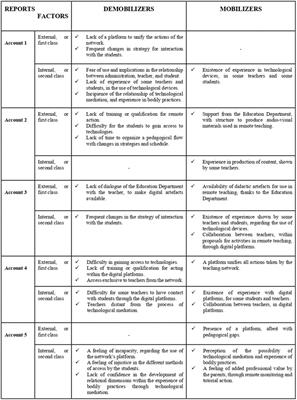
doi 10.3389/feduc.2021.583952
- 12,898 views
- 11 citations
37k
Total downloads
550k
Total views and downloads
You will be redirected to our submission process.
ORIGINAL RESEARCH
Published on 07 Jun 2021

ORIGINAL RESEARCH
Published on 12 Mar 2021
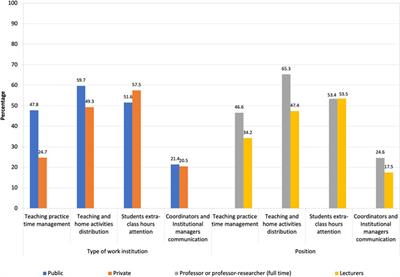
ORIGINAL RESEARCH
Published on 25 Feb 2021
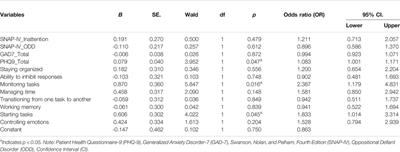
ORIGINAL RESEARCH
Published on 16 Dec 2020
ORIGINAL RESEARCH
Published on 11 Dec 2020
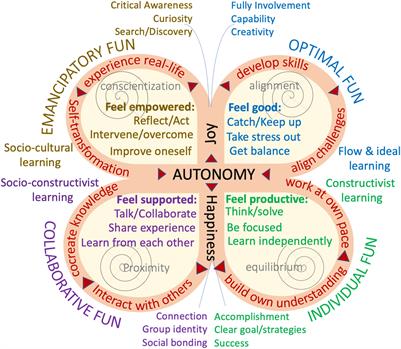
ORIGINAL RESEARCH
Published on 08 Dec 2020
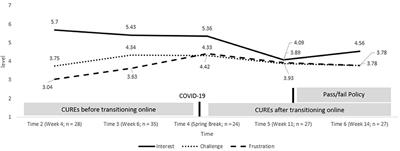
ORIGINAL RESEARCH
Published on 03 Dec 2020
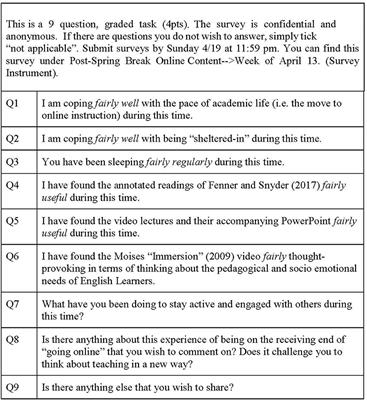
ORIGINAL RESEARCH
Published on 16 Nov 2020
ORIGINAL RESEARCH
Published on 13 Nov 2020

ORIGINAL RESEARCH
Published on 11 Nov 2020
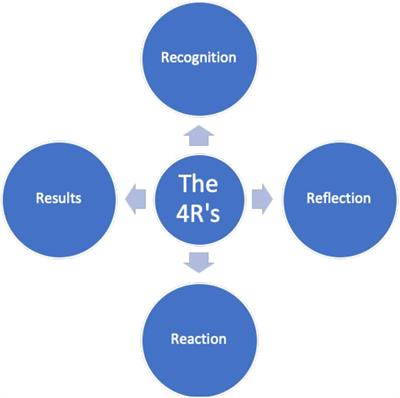
CONCEPTUAL ANALYSIS
Published on 09 Nov 2020
ORIGINAL RESEARCH
Published on 05 Nov 2020

